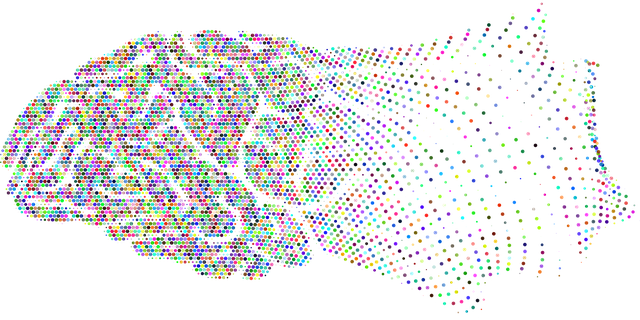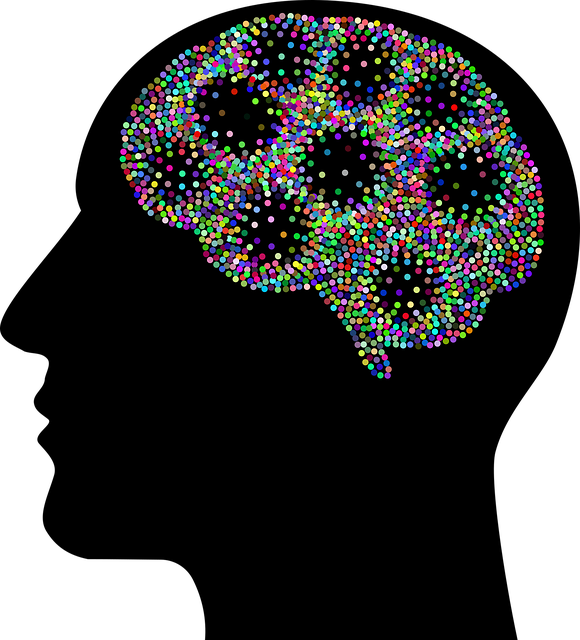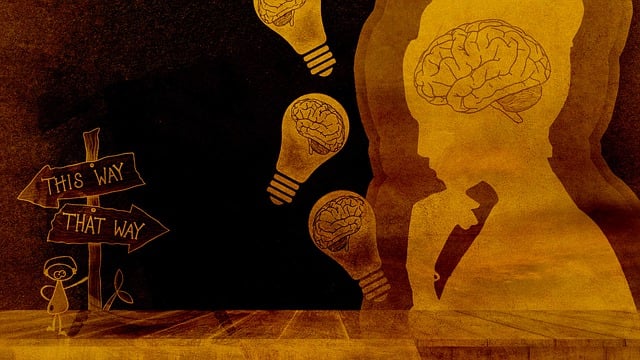Mental wellness is crucial for aging individuals, encompassing emotional stability, cognitive sharpness, and strong social connections. Cognitive Behavioral Therapy (CBT) is an effective evidence-based therapy that helps elders manage stress, anxiety, and depression by reshaping negative thought patterns. Social Skills Training complements CBT by fostering connections, combating loneliness, and encouraging positive interactions. A holistic approach to mental wellness in senior communities includes risk management planning, self-awareness exercises, and public awareness campaigns to reduce stigma. By addressing barriers like stigma and lack of awareness through targeted interventions, therapy becomes more accessible for elders, improving their overall emotional well-being.
Mental wellness is a crucial aspect of aging, yet older adults often face unique challenges that impact their psychological well-being. This article explores strategies to enhance mental health in this demographic, focusing on Cognitive Behavioral Therapy (CBT) as an effective tool. We delve into understanding the specific needs and barriers of elderly individuals, providing insights on how communities can foster better mental wellness. From recognizing signs to implementing supportive environments, these approaches aim to improve access to therapy for elders, ensuring a healthier and happier aging population.
- Understanding Mental Wellness in Older Adults: Challenges and Needs
- Cognitive Behavioral Therapy (CBT): A Powerful Tool for Elderly Individuals
- Strategies for Promoting Mental Health in Senior Communities
- Overcoming Barriers: Encouraging Elders to Seek Professional Support
Understanding Mental Wellness in Older Adults: Challenges and Needs

Mental wellness is a critical aspect of overall health, especially as individuals age. Understanding and addressing mental health challenges in older adults require tailored approaches due to the unique needs and experiences that come with advancing years. The concept encompasses not just the absence of mental illness but also emotional well-being, cognitive function, and social connections.
One effective evidence-based therapy for elders is Cognitive Behavioral Therapy (CBT), which focuses on identifying and modifying negative thought patterns and behaviors. This approach helps older adults manage stress, anxiety, and depression while promoting positive thinking and self-care practices. Additionally, Social Skills Training can be beneficial in fostering connections, combating loneliness, and encouraging engaging social interactions, all vital components of mental wellness for this demographic.
Cognitive Behavioral Therapy (CBT): A Powerful Tool for Elderly Individuals

Cognitive Behavioral Therapy (CBT) has emerged as a powerful tool for promoting mental wellness among elderly individuals. This evidence-based approach focuses on identifying and changing negative thought patterns and behaviors, enabling seniors to develop effective coping skills and improve emotional regulation. CBT is particularly beneficial in addressing common mental health issues such as depression, anxiety, and stress that can disproportionately affect older adults.
By incorporating mindfulness meditation techniques within CBT, elderly individuals can enhance their ability to stay present and manage challenging emotions. This integrated approach not only complements CBT but also fosters a deeper sense of calm and well-being. Through the development of coping skills, seniors gain the resilience needed to navigate life’s transitions and maintain mental wellness over time.
Strategies for Promoting Mental Health in Senior Communities

Promoting mental wellness in senior communities requires a multi-faceted approach tailored to address the unique needs and challenges faced by elders. One effective strategy is integrating Cognitive Behavioral Therapy (CBT) into care plans. CBT has proven benefits for older adults, helping them manage stress, anxiety, and depression through evidence-based techniques that focus on changing negative thought patterns and behaviors. For instance, group therapy sessions can foster social connections, combat loneliness, and encourage open discussions about mental health concerns.
Additionally, Risk Management Planning for Mental Health Professionals plays a crucial role in ensuring safe and supportive environments. This involves training care staff in recognizing early signs of distress and providing them with tools to respond effectively. Self-Awareness Exercises can also be incorporated into daily routines to enhance emotional intelligence and promote mental resilience among seniors. Public Awareness Campaigns Development further contributes by educating both the elderly population and their caregivers about available resources, encouraging open conversations about mental health, and reducing the stigma associated with seeking therapy.
Overcoming Barriers: Encouraging Elders to Seek Professional Support

Promoting mental wellness among elders often involves tackling barriers that prevent them from seeking professional support. Stigma surrounding mental health issues, coupled with cultural norms and a lack of awareness, can deter seniors from accessing therapy. Many older adults may have lived through times when discussions around emotions were limited, leading to an underestimation of the value of emotional intelligence and its impact on overall well-being.
Encouraging elders to embrace professional support requires a multi-faceted approach. Public awareness campaigns focused on breaking down stigma and normalizing therapy can be effective. Additionally, offering tailored trauma support services for seniors who may have experienced significant life events, such as loss or cultural shifts, can open doors to vulnerability and healing. Cognitive Behavioral Therapy (CBT), known for its effectiveness in treating a range of mental health concerns, can be introduced as a suitable and accessible therapy type for elders, emphasizing its role in empowering them to manage their emotional well-being.
Mental wellness promotion among older adults is a multifaceted endeavor that requires understanding their unique challenges and tailoring interventions accordingly. Cognitive Behavioral Therapy (CBT) has proven to be an effective tool in addressing mental health issues in the elderly, offering them practical strategies to manage stress, anxiety, and depression. Moreover, fostering supportive senior communities and overcoming barriers to seeking professional help are essential components of ensuring the well-being of our aging population. By implementing these strategies, we can significantly enhance the quality of life for older adults and encourage a healthier mental landscape.














